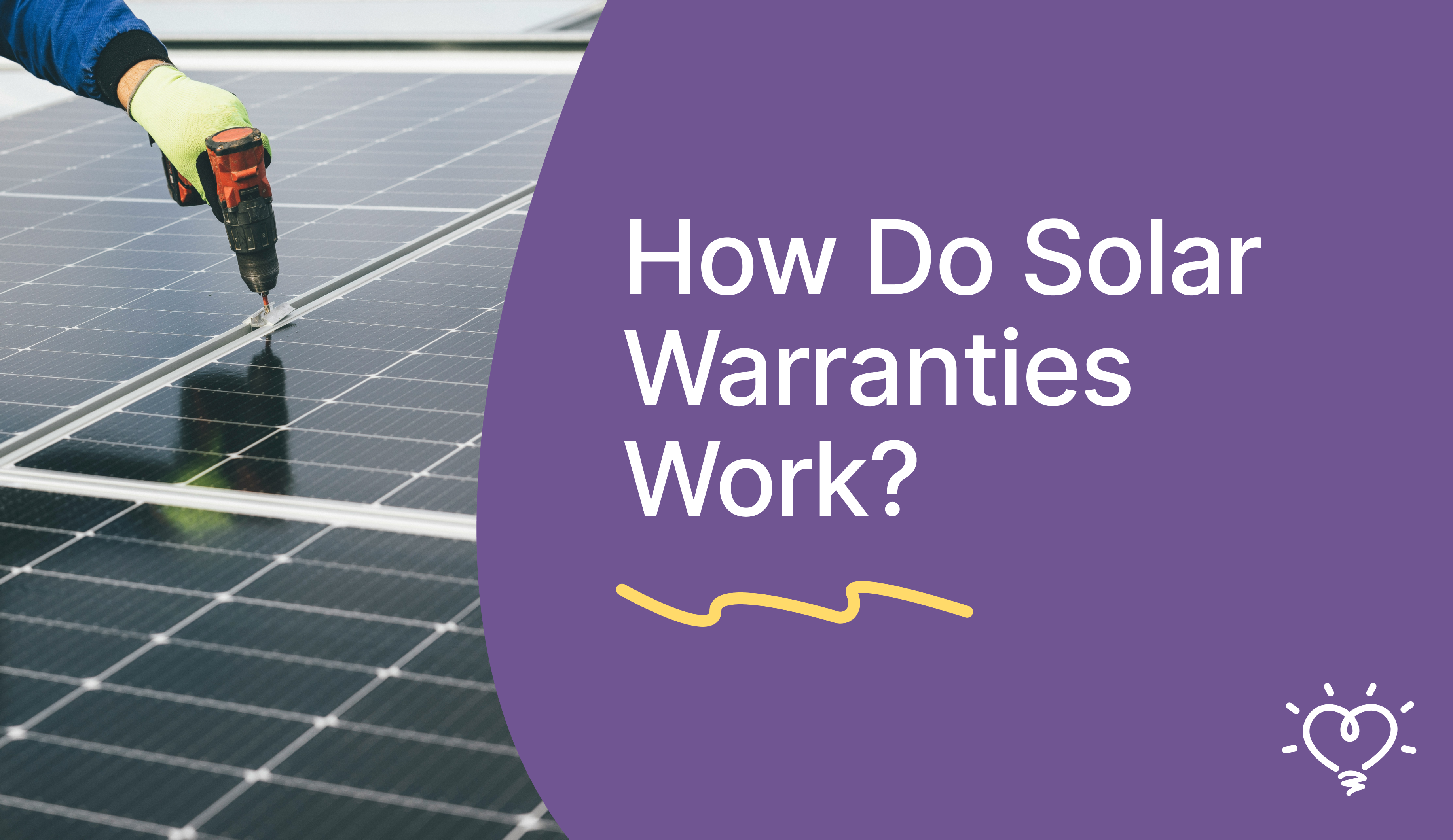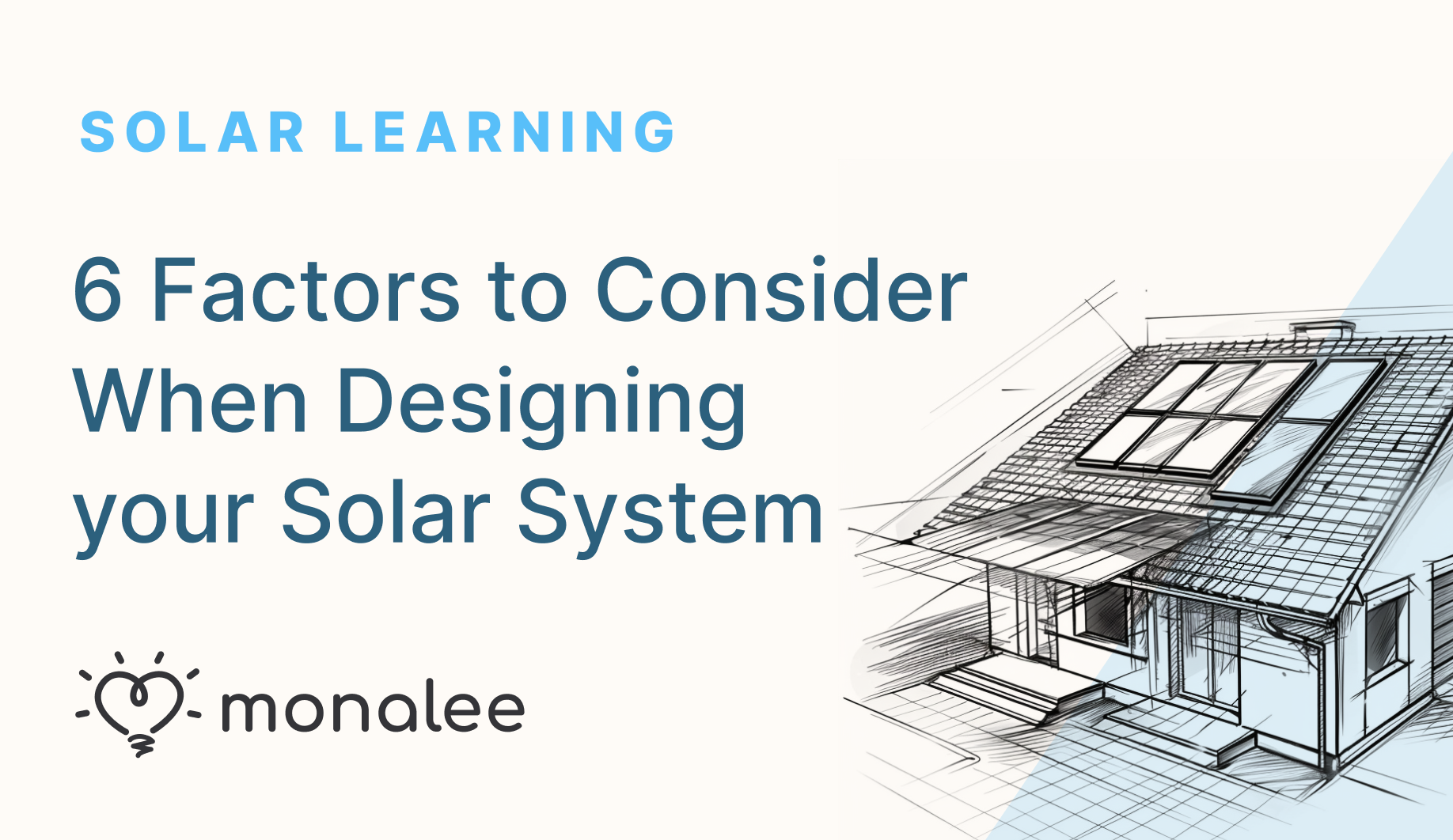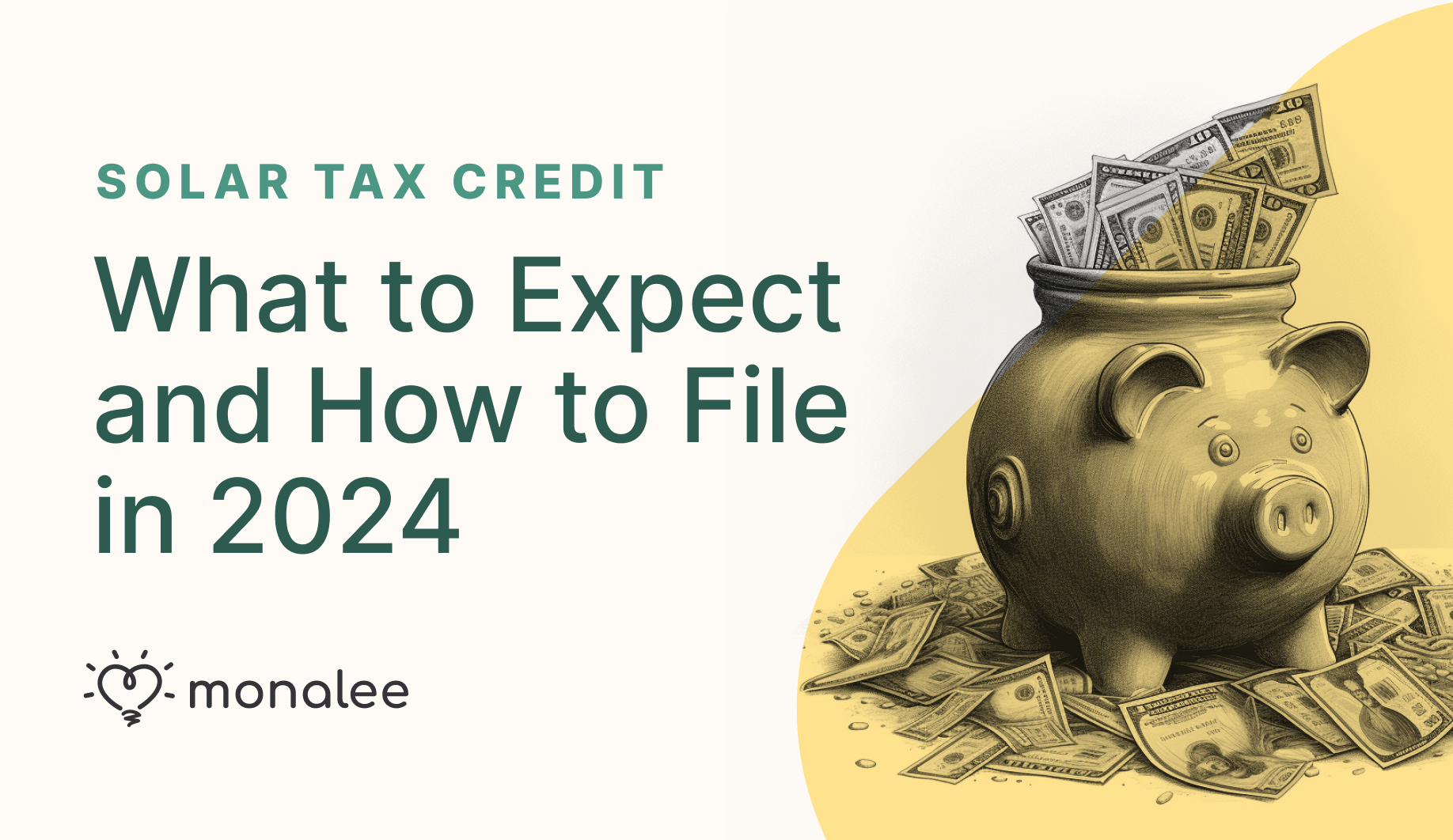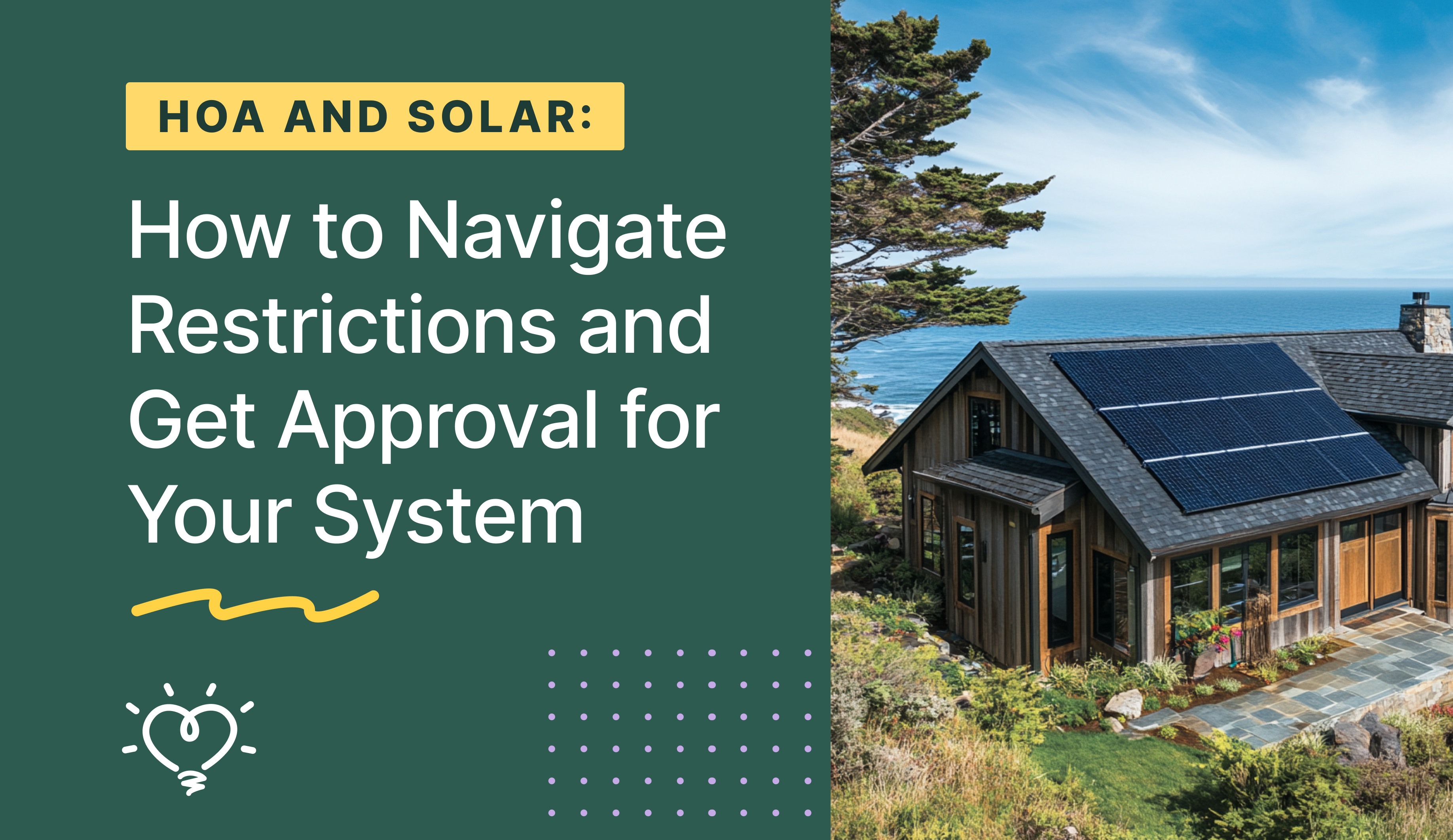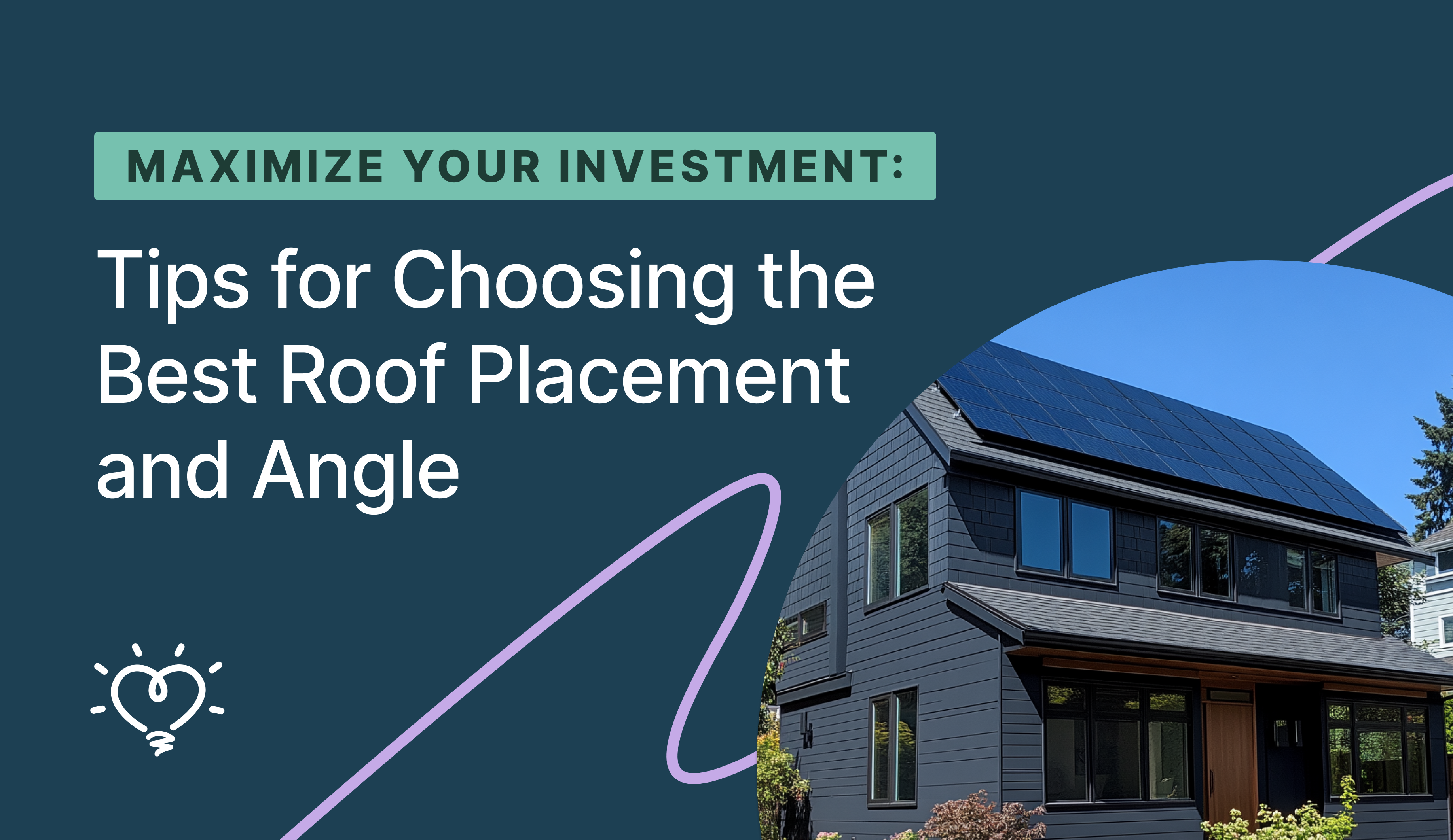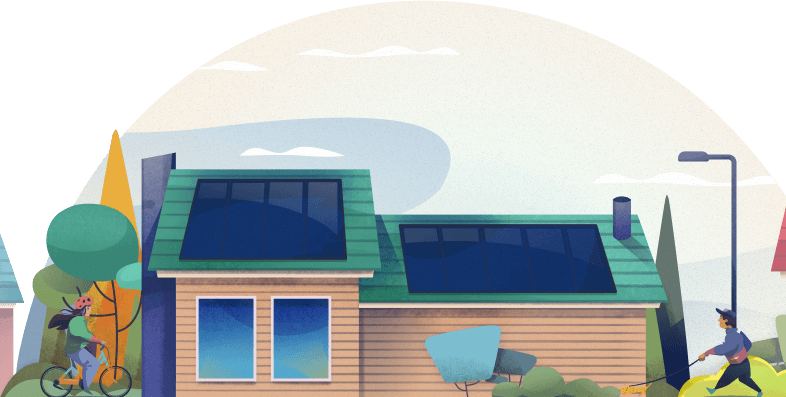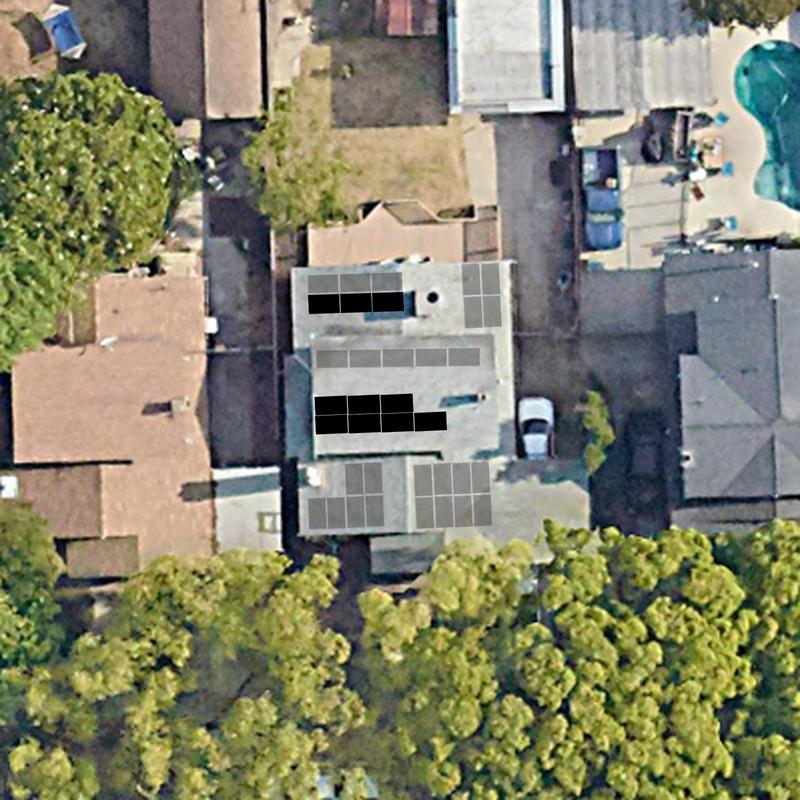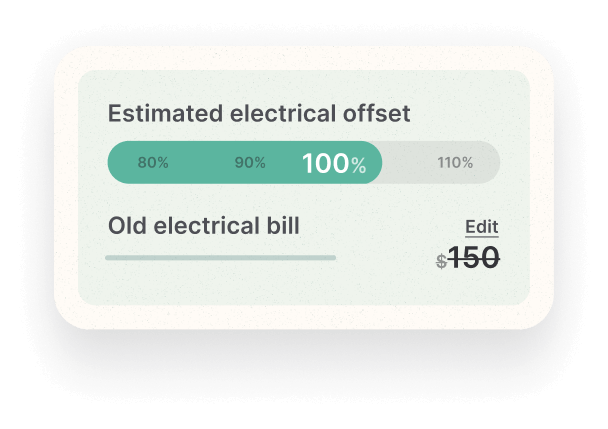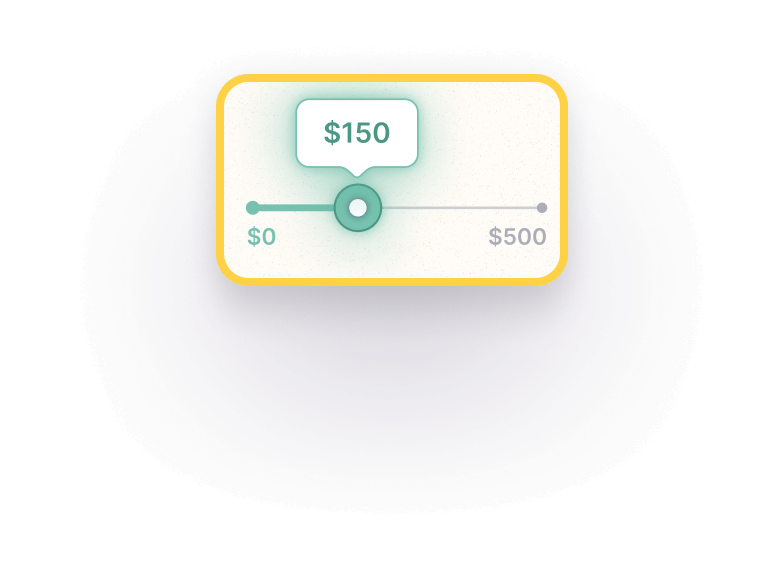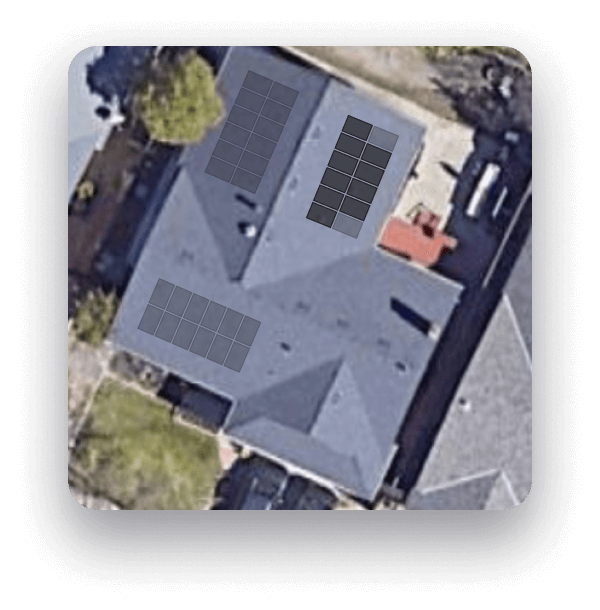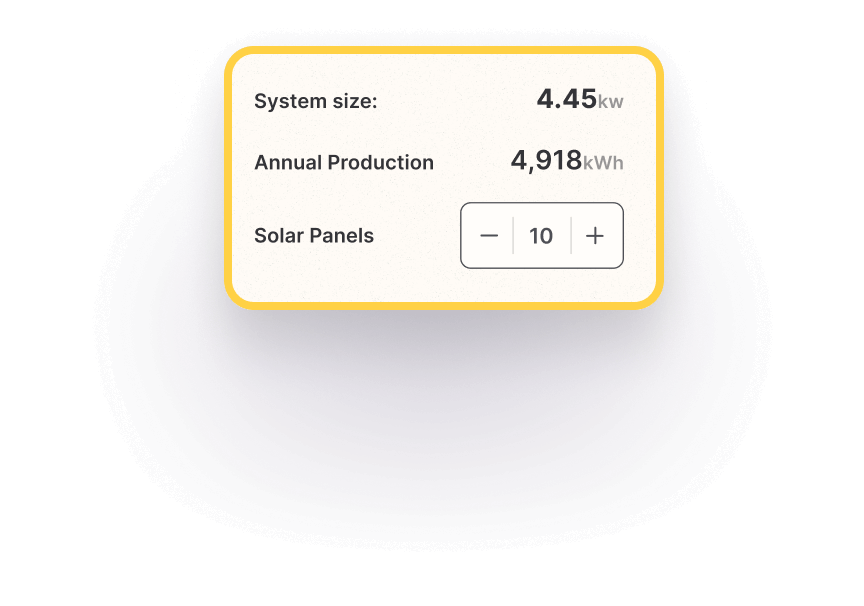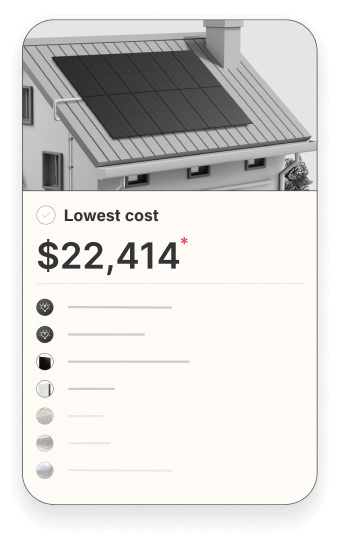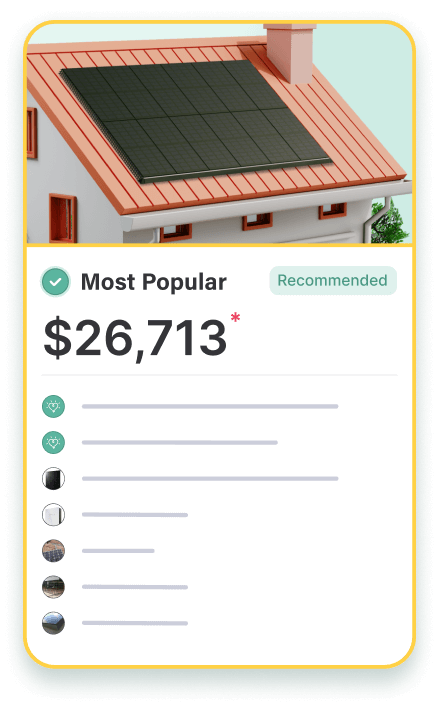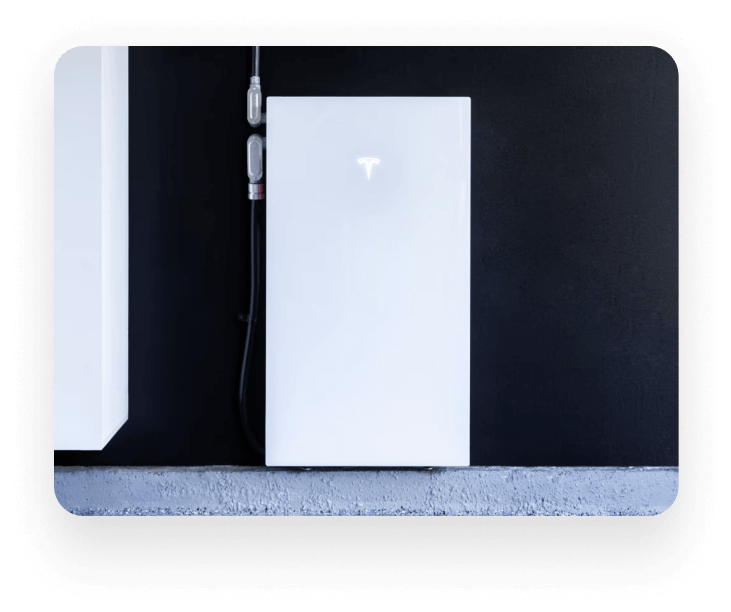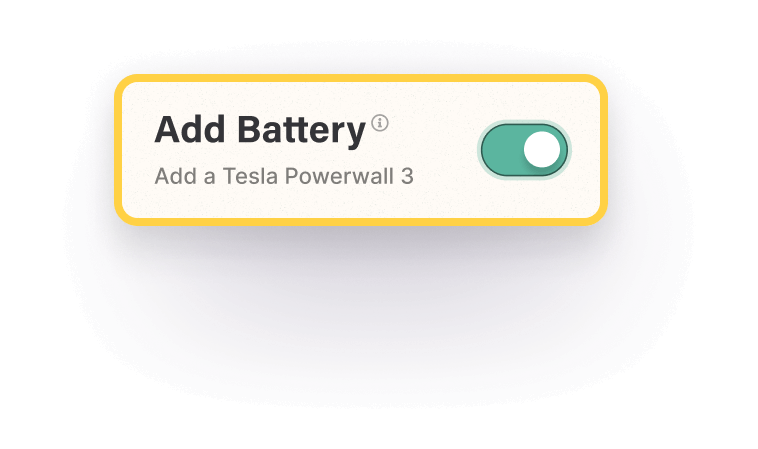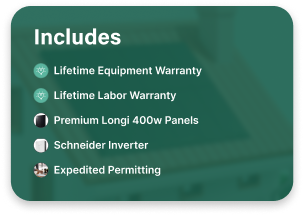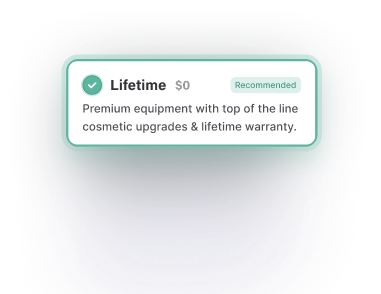Switching to solar energy is a big investment, and you want to be covered should issues arise.
Choosing to go solar is a big investment, and it’s important that homeowners are fully covered in case of any equipment malfunctions.
In this post, we’ll cover:
- The different types of solar warranties
- How long solar warranties last
- How to score a solar warranty
- How to file a solar warranty claim
Let’s get started.
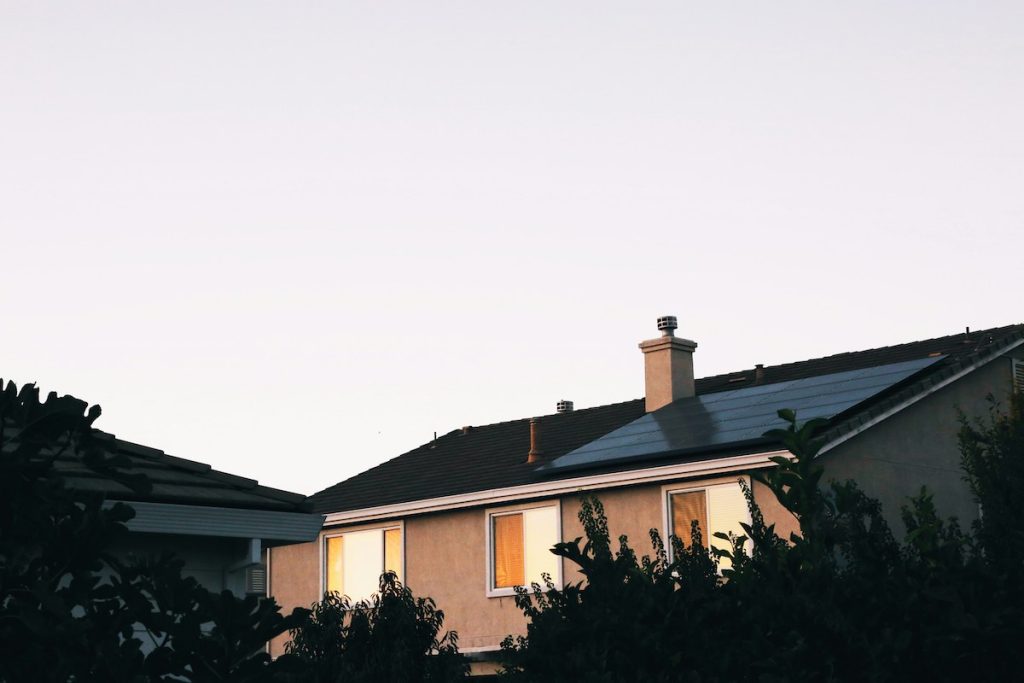
What are solar warranties and why are they important?
A solar warranty–sometimes referred to as ‘solar panel product warranty’ or ‘materials warranty’–is a guarantee that manufacturers put in place to protect homeowners from any defects or performance issues related to their equipment.
Warranty conditions vary, although they typically cover a variety of damages, from cracks to panel failures. In some cases, warranties protect against normal wear and tear such as issues brought on by humidity, extreme heat, or solder bond failures.
Even though solar panels are designed with durability in mind, having a comprehensive warranty provides peace of mind should something go wrong. In general, the better the product, the better the warranty package.
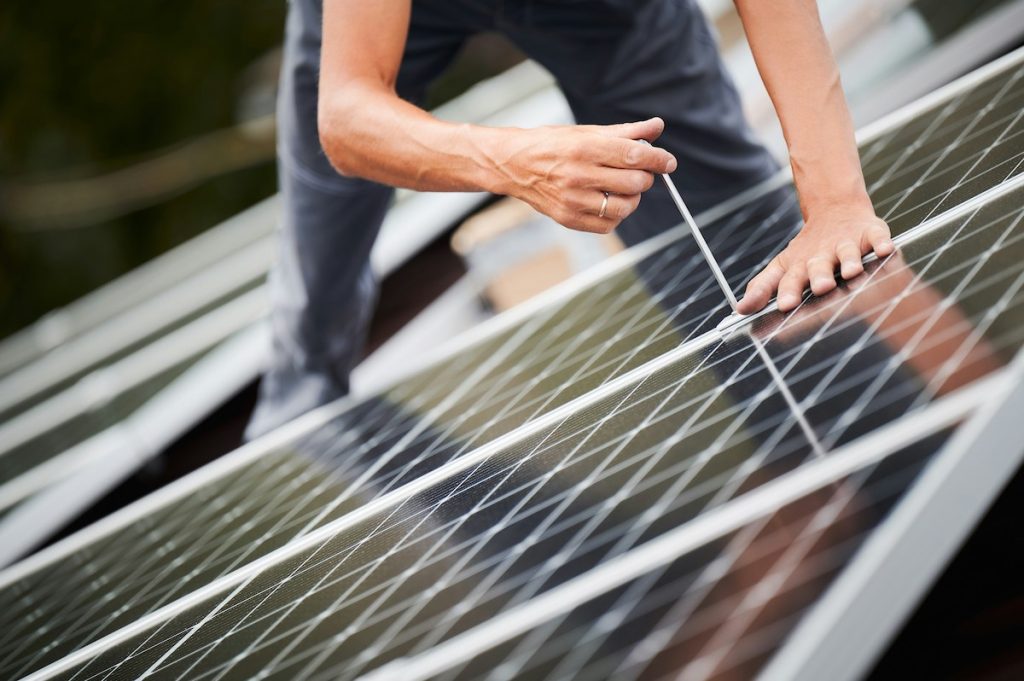
The solar warranty scoring system
EnergySage does a good job at creating a warranty scoring system for homeowners about to go solar. We’ve summed up a few of their criteria below:
- Product: This refers to the number of years a manufacturer warranty applies. In most cases, this will be 25 years for solar panels and 10 years for solar batteries.
- Performance: Solar panel warranties often include coverage for up to 25 years. That said, it’s important to understand what percentage of power output is guaranteed by year 25.
- Power at 30 years and beyond: While solar panels are meant to last up to 24 years, they can last even longer. Find out if your warranty extends this long, and if it doesn’t, whether you can extend the standard 25-year warranty at an added cost.
- Shipping: Some manufacturer warranties will cover the shipping costs of any new equipment sent to your home, while others don’t.
- Labor: If a warranty covers labor, this usually means that any work needed for repairs, replacements, and diagnostics is covered by the manufacturer. If this is the case, find out whether there is a cap on the dollar amount before it becomes an out-of-pocket expense.
- Bankability: What happens if the manufacturer goes out of business? Are you still covered? These are important questions to ask before signing on the dotted line. In general, Tier 1 solar panels are considered the most bankable.
- Additional equipment: When researching warranties, inquire whether other pieces of equipment are covered, such as inverters and racking products.

What are solar panel warranties and what do they cover?
A solar panel warranty typically covers both product and performance. Monalee projects come with warranties on solar equipment, installation, and performance.
Solar panel product warranties
Product warranties for solar protect homeowners from defects relating to the material quality or any manufacturing errors that may have occurred.
While this might sound daunting, these types of defects tend to reveal themselves early on and are easy to spot. Usually, your solar installer will catch the error before the solar panel is even installed on your roof. Other, less obvious defects might include premature wear and tear, corrosion, or faulty wiring.
The length of a product warranty depends on both the manufacturer and the model of equipment. Most manufacturers will offer warranties between 20-25 years for solar panels and 10-15 years for other equipment such as a solar battery.
The good news is that solar panel failures are rare. According to a study by the National Renewable Energy Laboratory (NREL), the chances of this happening are about 0.05%—or 5 in 10,000 cases. If a solar panel does fail, the manufacturer will either repair the panel or replace it altogether. Some warranties cover the labor and shipping costs associated with the repair or replacement, while others do not.
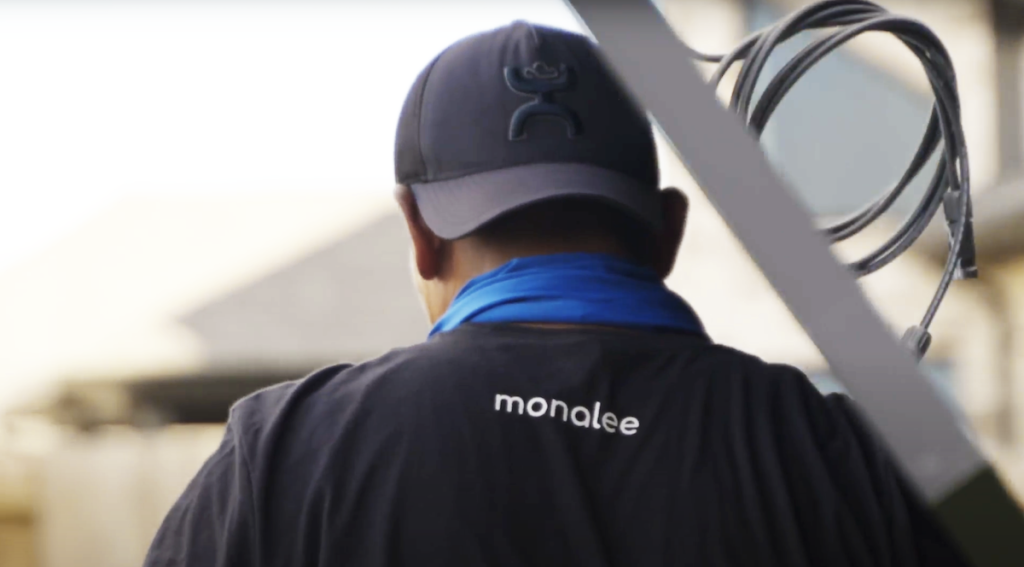
Solar panel performance warranties
Performance warranties are in place to ensure that your solar panels—and other solar equipment—maintain a certain level of output throughout their lifetime. For solar panels, that’s often 25 years. Keep in mind that solar panels degrade over time and as they degrade, their level of output decreases.
As explained here, a performance warranty guarantees a maximum level of degradation – typically between .25% and .75% – per year so that in 25 years the panel will still have 80-90% of the power output it did in its first year.
At Monalee, we use LONGi 400w solar panels for our installations. LONGi panels feature advanced cell technology, high performing modules, and are able to withstand high snow and wind conditions. Monalee homeowners also benefit from LONGi’s 25-year warranty for materials and processing and a 30-year warranty for extra linear power output.
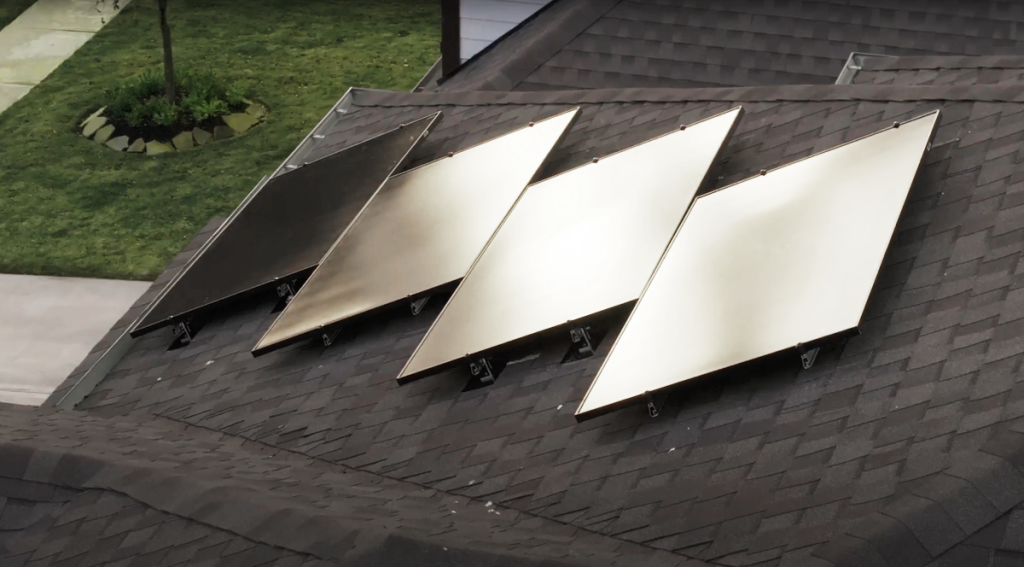
How to file a solar panel warranty claim
If you notice a visible defect on one or more of your solar panels or have questions about a possible performance issue, the first step is to contact your installer. It’s important to not try to fix the issues yourself—leave that to the professionals. Plus, attempting to solve the problem on your own may make your warranty null and void.
Your installer will be able to perform an inspection either at your home or remotely and if they determine that the issue steps from the manufacturer, they will help you create a claim for repair or replacement. Each manufacturer is different, but you’ll likely need to fill out one or more forms as well as submit photographs of the defected panel(s).
At Monalee, we ask our customers to contact us as soon as they spot a potential problem. They can either call our support line or send us an email. From there, we will review their case right away and assess whether we think it warrants an in-person visit. We’ll look at their solar system production data for their equipment and may ask them to send us a few photos to help us better understand their concern.
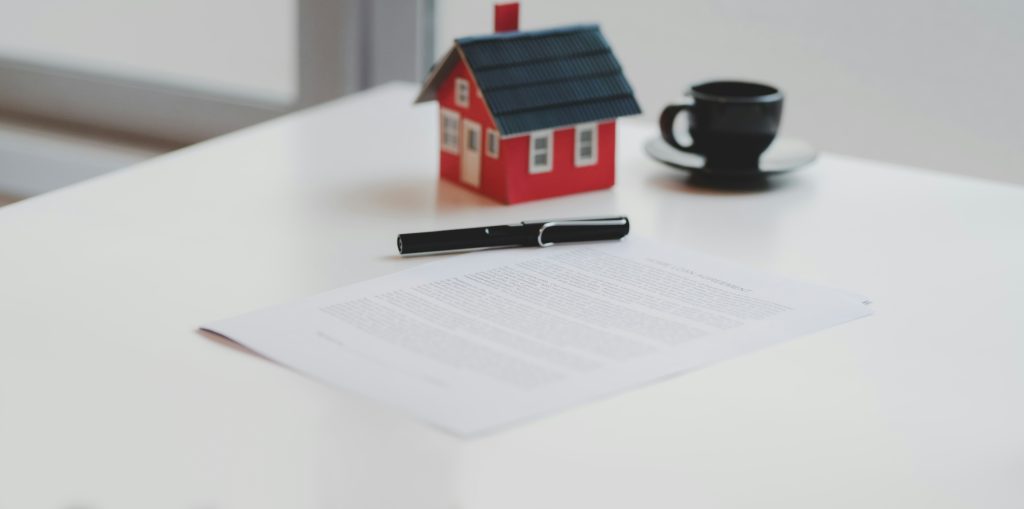
In Conclusion
Switching to solar is a long-term investment and you deserve to be protected against panel defects and malfunctioning equipment. Manufacturers typically cover both product and performance warranties while installer warranties help ensure that your solar panels continue to perform at a certain level throughout their life. If you think there might be a performance issue with one or more pieces of equipment, contact your installer and/or the manufacturer directly.
